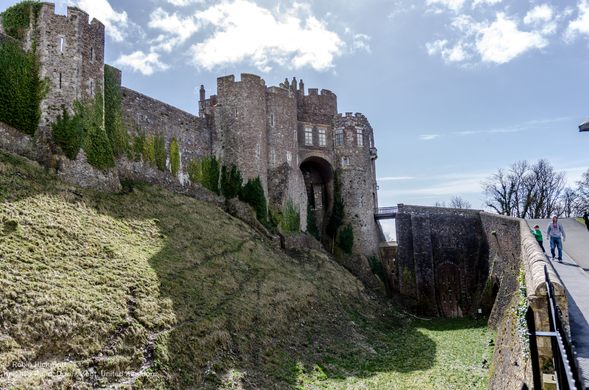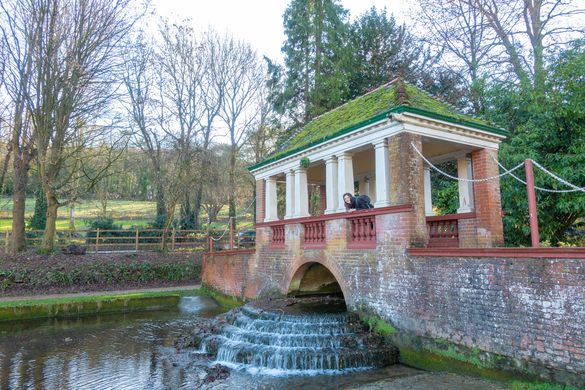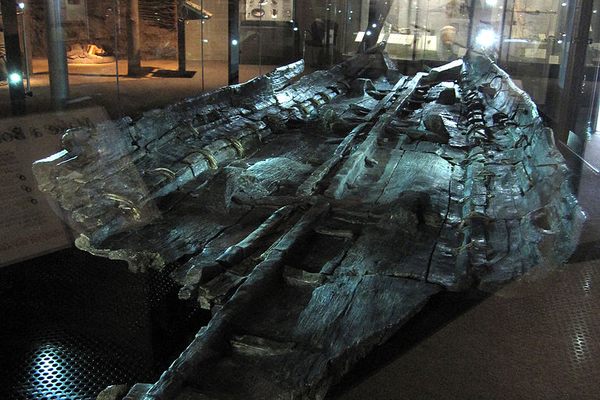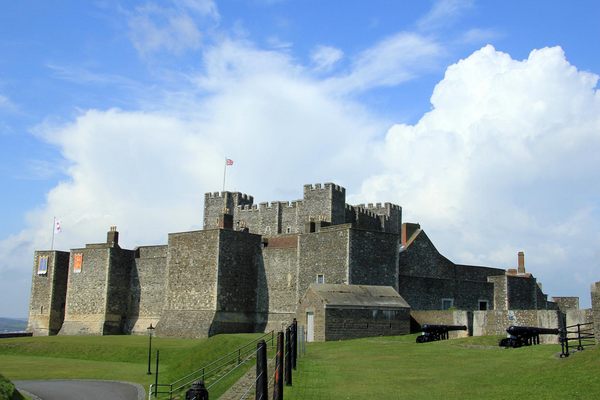AO Edited
Kearsney Abbey and Russell Gardens
Two beautiful Victorian-era parks replete with ornamental waterfalls and lakes.
Just outside of the port town of Dover can be found a rather special pair of picturesque parks steeped in Victorian-era aesthetics and local history. Although the history of Kearsney can be traced back to the Norman Conquest of England, the name Kearsney Abbey is not derived from a long-gone monastery but instead from the Gothic revival mansion which was built on the site in the early 19th century.
The Kearsney mansion was built in the 1820s by Lord John Minet Fector, a wealthy merchant and banker who loved the natural surroundings so much that he bought 90 acres of land here. Though Lord Fector never lived to see the completion of the estate, his son John continued his father’s wish and completed the building of the “abbey” by hiring the top architects of the time to finish the job.
The grounds of the mansion were lavishly landscaped with the creation of several artificial lakes, fountains, and waterfalls. A number of ornamental bridges and follies were constructed, along with groves of North American trees, including the giant redwood.
Over the 19th and 20th centuries, the mansion and its grounds passed through several owners, including a number of rather eccentric characters including a gunpowder manufacturer, an Irish Marquess, a Major-General of the British Army, an American author, and an eminent professor of medicine and specialist in ear, nose and throat diseases.
During the Second World War, Kearsney Abbey was used by the Auxiliary Territorial Service, a women’s branch of the British army that assisted with vital roles on the home front such as producing munitions, serving with anti-aircraft gun units, as motorcycle messengers, and working in intelligence.
In the Post-war period, the military moved out and the abbey finally became a green area for recreational activities, which it has remained ever since.
Know Before You Go
Kearsney Abbey and Russell gardens are open every day of the year and are free to enter.
Be careful when approaching the swans and geese that inhabit the lake as they can be quite aggressive at times.






















Follow us on Twitter to get the latest on the world's hidden wonders.
Like us on Facebook to get the latest on the world's hidden wonders.
Follow us on Twitter Like us on Facebook